Collaborating entities
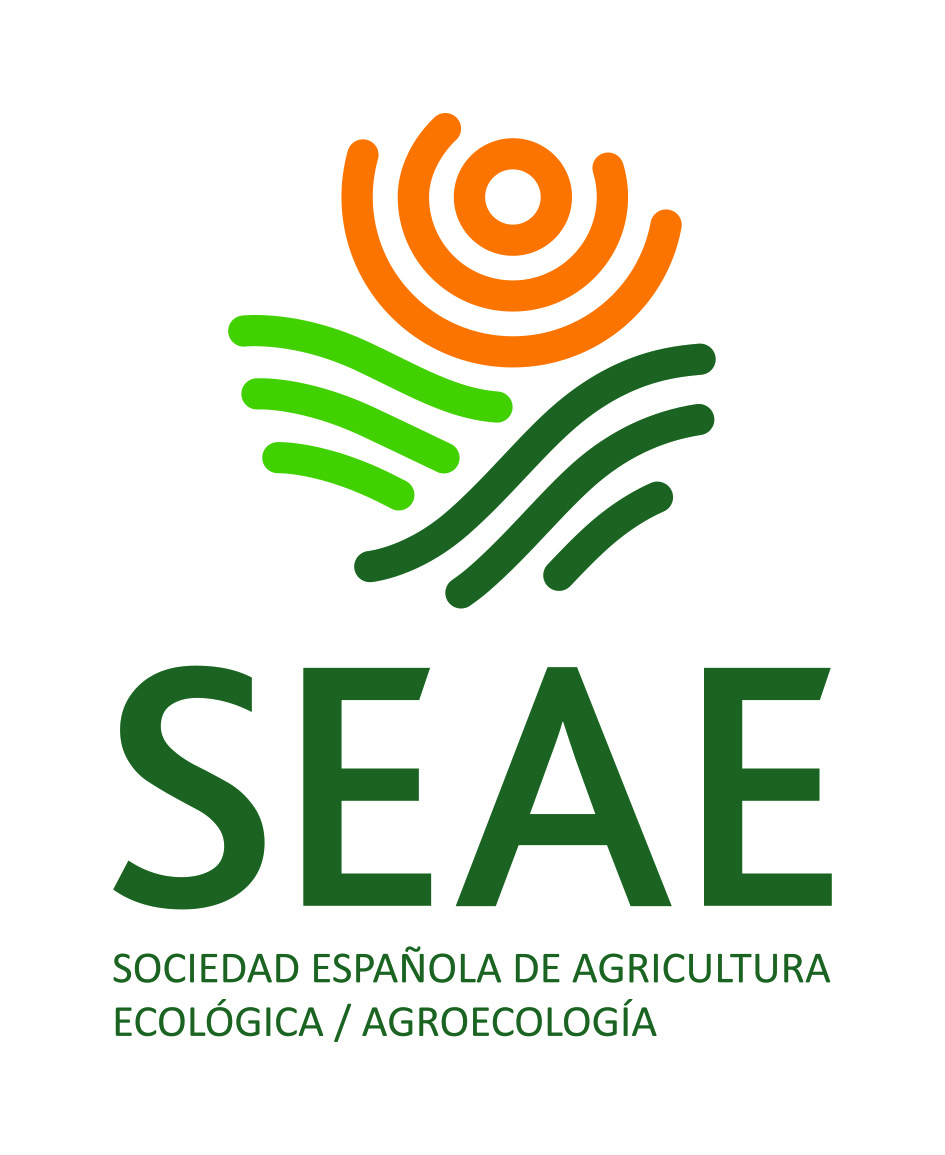
- Name of company: SOCIEDAD ESPAÑOLA DE AGRICULTURA ECOLÓGICA/AGROECOLOGIA
- Webpage: www.agroecologia.net
- Responsible for the entity: Concepción Fabeiro Cortés Y Helena Cifre
- Contact: proyectos@agroecologia.net
- Description:Since 1992, the Spanish Society of Organic Agriculture / Agroecology (SEAE) works to unite the efforts of farmers, technicians, scientists and other people and actors, to promote the improvement and dissemination of knowledge about the production of quality food based on agroecology and sustainable rural development.

- Name of company: CONSEJO OLEÍCOLA INTERNACIONAL
- Webpage: www.internationaloliveoil.org
- Responsible for the entity: Unidad de Olivicultura, Elaiotecnia y medio ambiente
- Contact: iooc@internationaloliveoil.org
- Description: The International Olive Council is the world’s only international intergovernmental organisation in the field of olive oil and table olives. It was set up it Madrid, Spain, in 1959, under the auspices of the United Nations.The Council is a decisive player in contributing to the sustainable and responsible development of olive growing and it serves as a world forum for discussing policymaking issues and tackling present and future challenges.
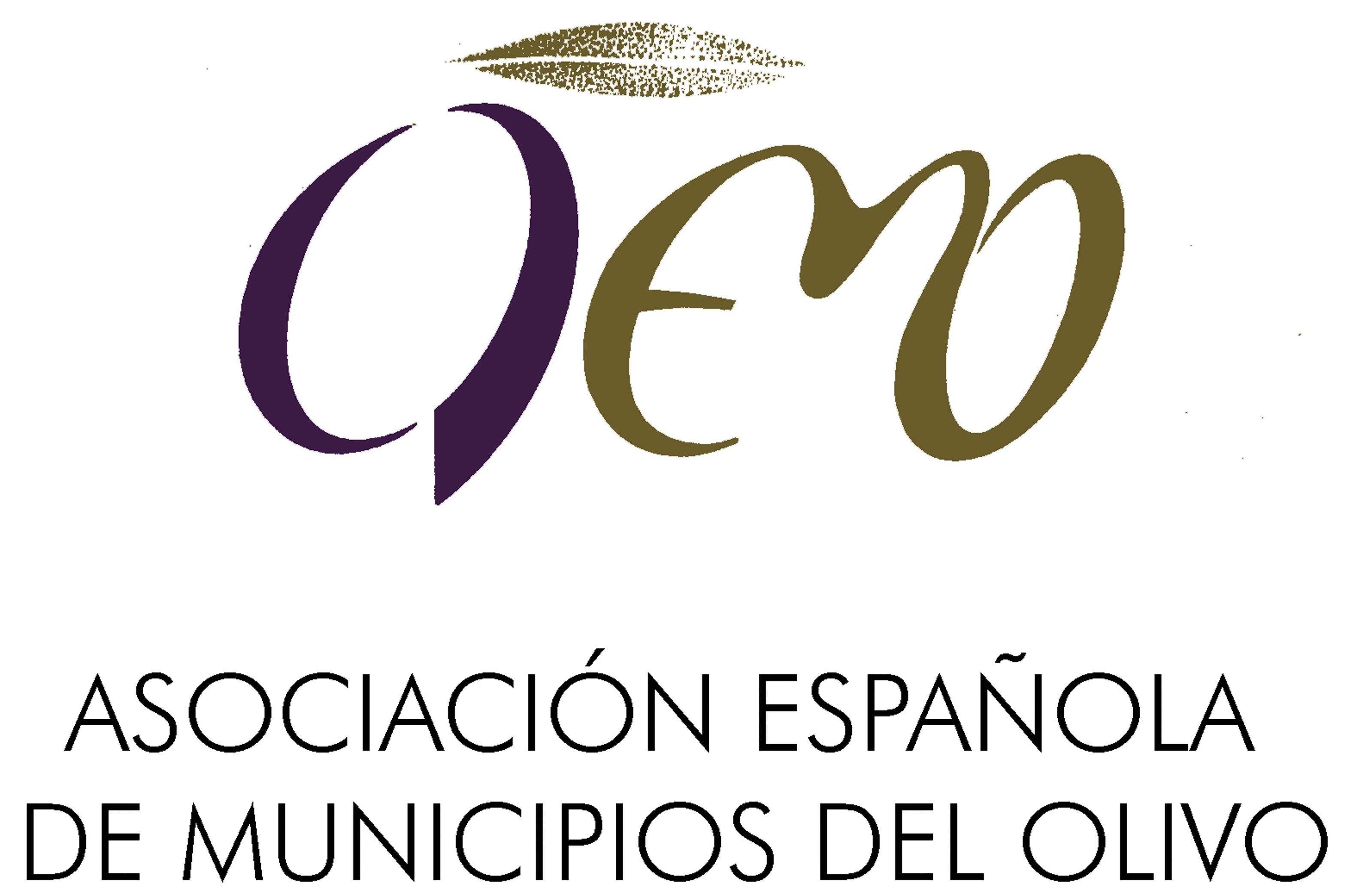
- Name of company: Asociación Española de Municipios del Olivo (AEMO)
- Webpage: www.aemo.es
- Responsible for the entity: JOSE Mª PENCO
- Contact: info@aemo.es ,Tlf: 957 04 07 74, Facebook: @municipiosdelolivo
- Description: AEMO is a platform that brings together the interests and efforts of olive-growing municipalities from all over Spain, in order to have a space and instruments for reflection and strategic analysis, which help to make decisions and make proposals and lines of joint action around the culture of the olive tree.
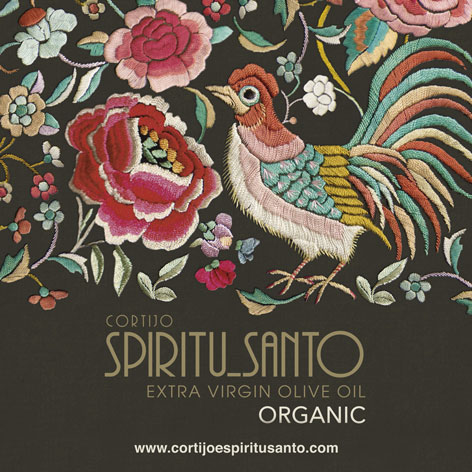
- Name of company: CORTIJO ESPÍRITU SANTO
- Webpage: www.cortijoespiritusanto.com
- Responsible for the entity: JUAN MOLINA MARTÍNEZ
- Contact: juanmolina@cortijoespiritusanto.com
- Description: We cultivate an organic olive grove, integrated with horse, whose olives are harvested in October, producing the same day the extra virgin olive oil in our olive mill located on the farm itself. We obtain an organic Extra Virgin Olive Oil with a singular character and with wonderful organoleptic properties.
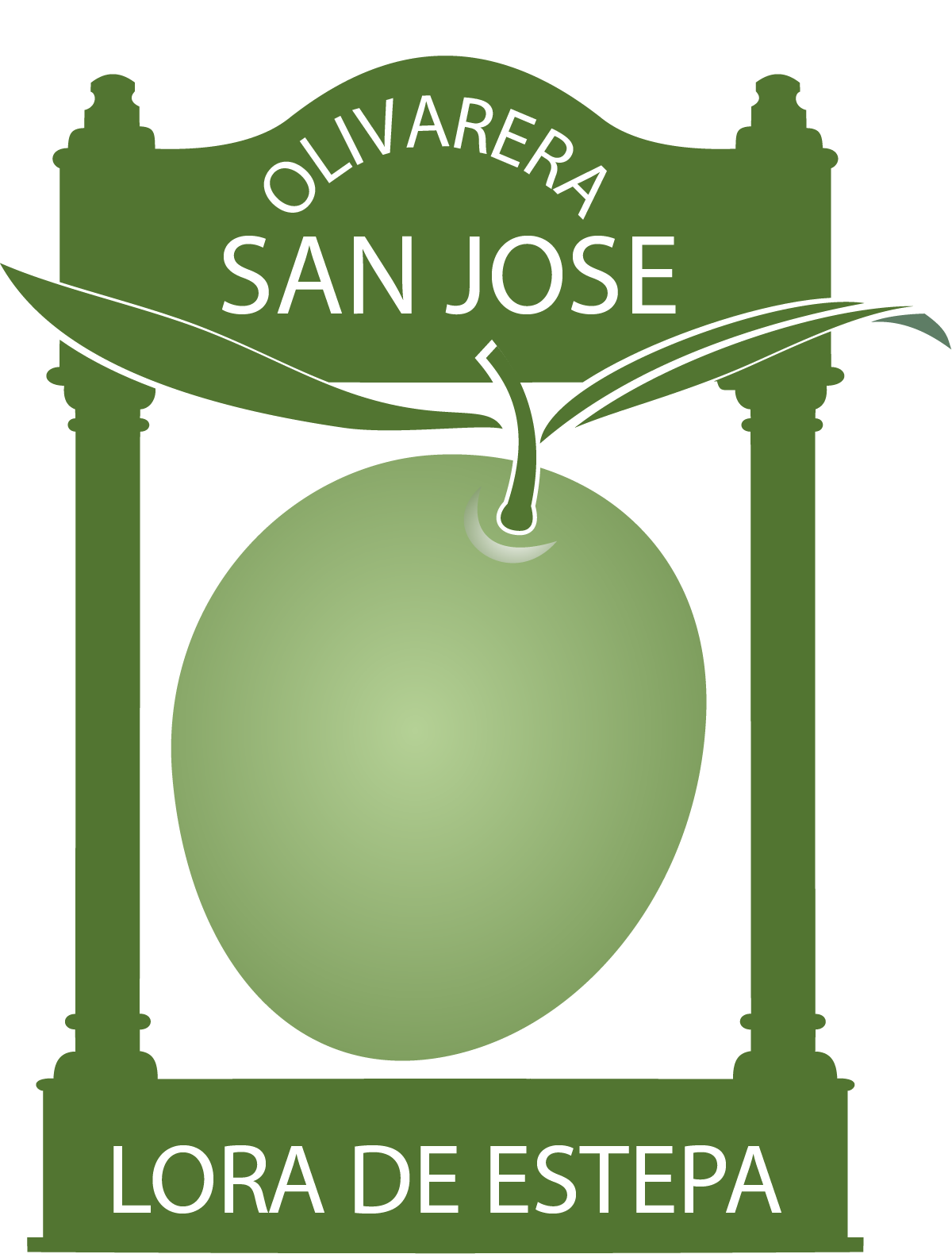
- Name of company: OLIVARERA SAN JOSÉ DE LORA DE ESTEPA SCA
- Webpage: www.oleoestepa.com
- Responsible for the entity: JUAN MARTÍNEZ FERNÁNDEZ
- Contact: apisanjose@oleoestepa.com
- Description: 100 % of the olive farms of this cooperative are committed to sustainable managements of the olive grove. 85% are under Integrated Olive Production, whereas 15 % is devoted to organic production, both producing extra virgin olive oil. In all of the farms, we apply environmentally-friendly management practices.
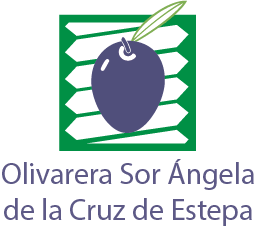
- Name of company: OLIVARERA SOR ANGELA DE CRUZ SCA
- Webpage: www.sorangeladelacruz.com
- Responsible for the entity: RICARDO GARCÍA REINA
- Contact: maestro@sorangeladelacruz.com
- Descripction:100 % of the olive farms of this cooperative are committed to sustainable managements of the olive grove. In all of the farms we apply management practices aimed at contributing to the environmental sustainability.
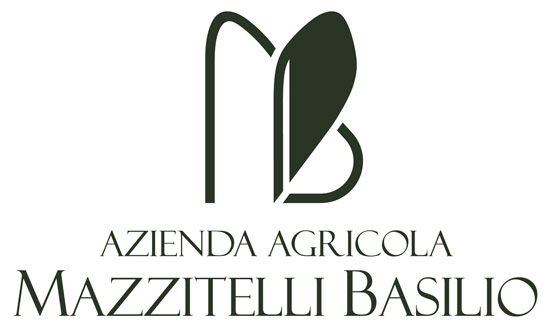
- Name of company: AZIENDA AGRICOLA MAZZITELLI BASILIO
- Webpage:
- Responsible for the entity: DOTT. MAZZITELLI BASILIO
- Contact: basilioma@libero.it
- Descripction: The farm is situated in the Province of Vibo Valentia (VV) in Calabria – Southern Italy. It is extended over an area of more than 44 ha, among which 23 ha are dedicated to organic olive groves. The main planted cultivars are: Olea europea Cv. ‘Ottobratica’, ‘Ciciarello’, ‘Cassanese’ and ‘Rogianella’. Most of the farm responds to the requirements to produce the Protected Geographical Indication (PGI) Olio di Calabria. Harvest operations are performed mechanically in October and November of each campaign, and olives are milled within 24 hours from harvest in a three-phase olive mill, which enables to obtain high quality extra virgin olive oil from both physico-chemical and organoleptic point of view. The company includes both century-old orchards as well as new ones planted in hilly areas and marginal lands to contrast erosion phenomena and preserve rural landscape.
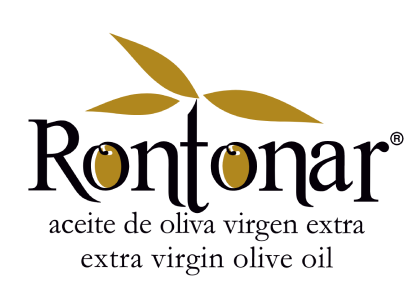
- Name of company: RONTONAR
- Webpage: https://www.rontonar.com/
- Responsible for the entity: Miguel Ángel García
- Contact: info@rontonar.com
- Description: Rontonar promotes an agriculture based on natural ecological processes. Autochthonous olive cultivars of the Alicante provincde are combined with other woody crops. The small size olive farms are anchored in mountainous terrain, at a height of between 680 and 900 meters and in terrace without the use of synthetic products.
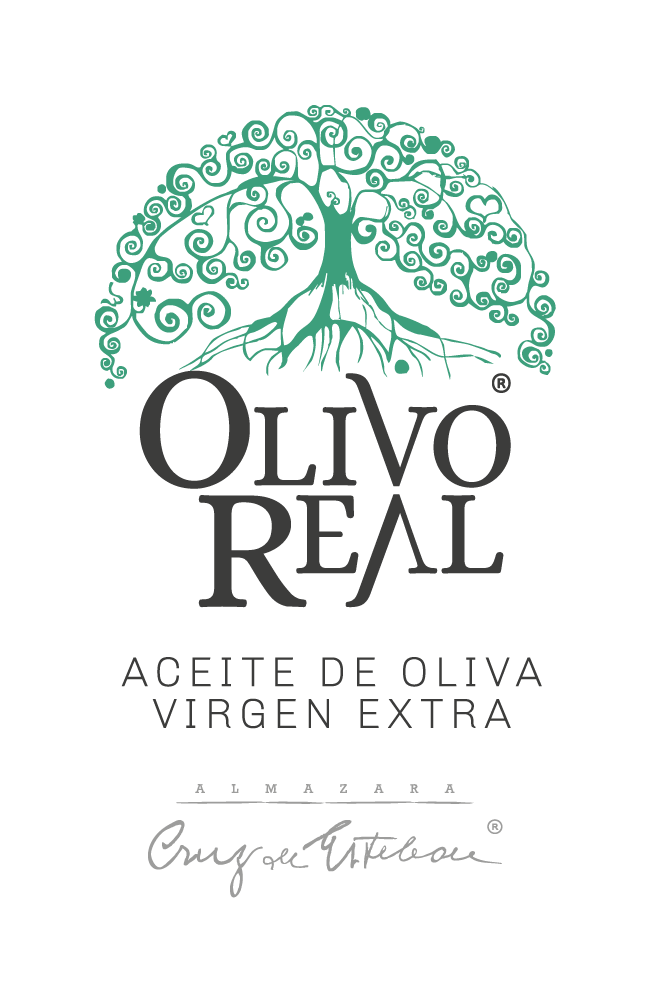
- Name of company: OLIVOREAL
- Página web: www.olivoreal.com
- Responsible for the entity:
- Contact: info@olivoreal.com
- Description: Oil mill committed to the quality of Extra Virgin olive oil and sustainability in the olive grove. Pioneer company in the composting of oil mill pomace, with a composting plant in which large part of the olive mill pomace and vegetable waste are transformed into organic fertilizer for the olive grove, thus closing the cycle of circular economy.

- Name of company: LA CASONA
- Webpage: www.aceiteecologicolacasona.es
- Responsible for the entity: Jesús
- Contact: info@aceiteecologicolacasona.es
- Description: Family business, which integrate sheep in the olive farm, that produces a singular and unique organic extra virgin olive oil in its own mill in a traditional way, with the highest quality and respect for the environment
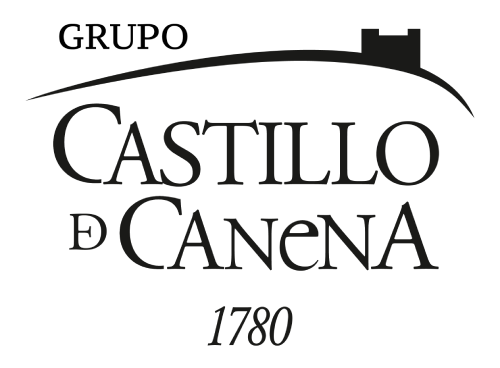
- Name of company: CORTIJO GUADIANA (GRUPO CASTILLO DE CANENA)
- Webpage: www.castillodecanena.com
- Responsible for the entity: Francisco Vañó Cañadas
- Contact: fvano@castillodecanena.com
- Description: On the Castillo de Canena Group’s farm we have 1,500 ha of olive groves and 300 ha of woodland, nestled between the Cazorla and Mágina mountain ranges in the municipality of Úbeda (Jaén), surrounded by the Guadiana Menor river. It is a unique enclave that forms a lively and biodiverse landscape. At Castillo de Canena we have a strong commitment to the environment, which is why in addition to organic and biodynamic farming and not using any type of pesticides on the entire estate, we have been implementing various measures for years aimed at promoting biodiversity and environmental sustainability, following the Sustainable Development Goals set by the UN and included in our SGE 21 certification in Corporate Social Responsibility.All of these measures have been implemented and provide our EVOO with great added value. Castillo de Canena cedes part of its exploitation for the measurement of SUSTAINOLIVE’s ecosystem services.Translated with www.DeepL.com/Translator (free version)
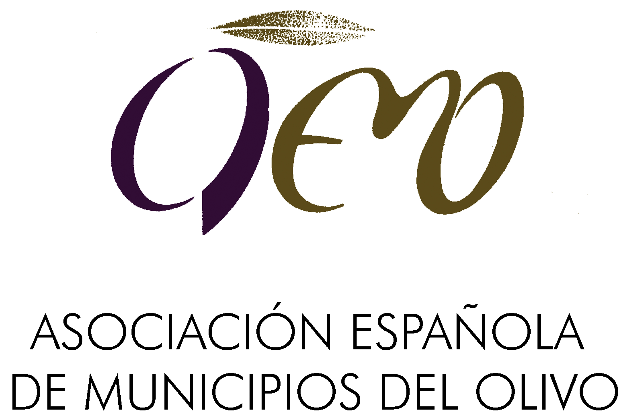
- Name of company: Asociación Española de Municipios del Olivo. AEMO
- Webpage: www.aemo.es
- Responsible for the entity: José Mª Penco Valenzuela
- Contact: info@aemo.es
- Description: AEMO is a non-profit association made up of more than 140 town councils and provincial administrations from olive-growing areas throughout Spain.Our objective is the sustainability of olive growing from an economic, environmental and social point of view. To this end, we carry out training, promotion and studies aimed at enhancing the value of olive oil and olive groves.
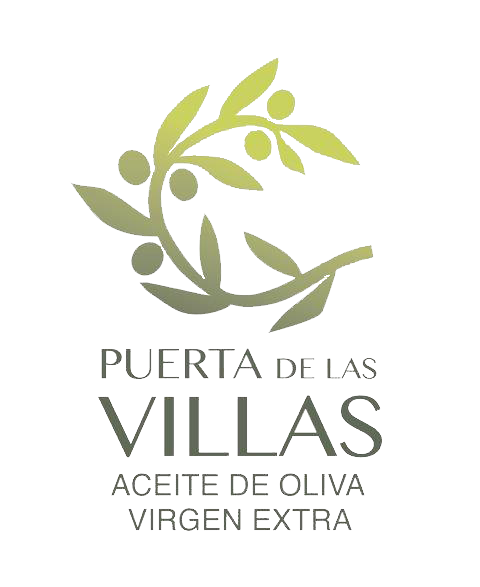
- Name of company: PUERTA DE LAS VILLAS
- Webpage: https://www.puertadelasvillas.com/
- Responsible for the entity: María del Mar Manrique
- Contact: SANVICENTE@PUERTADELASVILLAS.COM
- Description: The San Vicente Cooperative Society is located in a privileged setting within the Natural Park of Cazorla, Segura and Las Villas, which in itself marks the flavours and aromas of our Puerta de las Villas extra virgin olive oil. 1,400 members have joined forces to preserve a unique site that has remained unchanged throughout the generations. In this way, time has favoured the cultivation of an olive grove immersed, for the most part, in the Sierra de Las Villas, crossed by the Guadalquivir and Aguascebas rivers, which extends beyond the town of Mogón (Villacarrillo), in the province of Jaén.So much so that our extra virgin olive oil is produced in Integrated Production and Organic, as well as having the most recognised national and international quality and food safety certifications: ISO 9001, ISO 14001, …. Certificates that guarantee the confidence that consumers place in our product. Because one thing we are very clear about at San Vicente de Mogón is that our facilities are designed to obtain the maximum excellence in our oils. Puerta de las Villas cedes part of its farms for the measurement of ecosystem services.
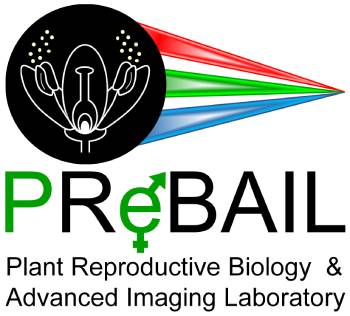
- Name of company: Plant Reproductive Biology and Advanced Imaging Laboratory (PReBAIL)Estación Experimental del Zaidín. CSIC
- Webpage: https://www.eez.csic.es/es/biologia-reproductiva-de-plantas
- Responsible for the entity: Juan de Dios Alché Ramírez
- Contact: juandedios.alche@eez.csic.es
- Description:The main goal of the research group is to advance into the knowledge of the reproductive developmental biology of plants, including model plants (Arabidopsis, Lilium…) and particularly in species of agronomic interest like the olive tree, lupine and argan, in order to further manipulate the plant reproductive cycle improving crop productivity and quality. In addition, we aim to understand the impact of different components from reproductive tissues (pollen, fruit, seed) and other industrial derived products, i.e. oils, flours, isolates, in allergy, their nutritional and nutraceutical properties, and in the development of molecular tools of agro-food interest. To achieve these objectives, we use multidisciplinary approaches, encompassing integrative omics, and biochemical, molecular and cellular methods, with special emphasis in advanced microscopy techniques. Current research lines include the study of the functional role of reactive oxygen and nitrogen species in developmental physiology, storage lipids and oxylipins in signaling and metabolism during plant reproduction, and the characterization of the potential health benefits of seed constituents as anti-inflammatory and anti-diabetic molecules. These research lines have also broad practical applications, which are explored through the development of patentable and transferable industrial collaborations.

